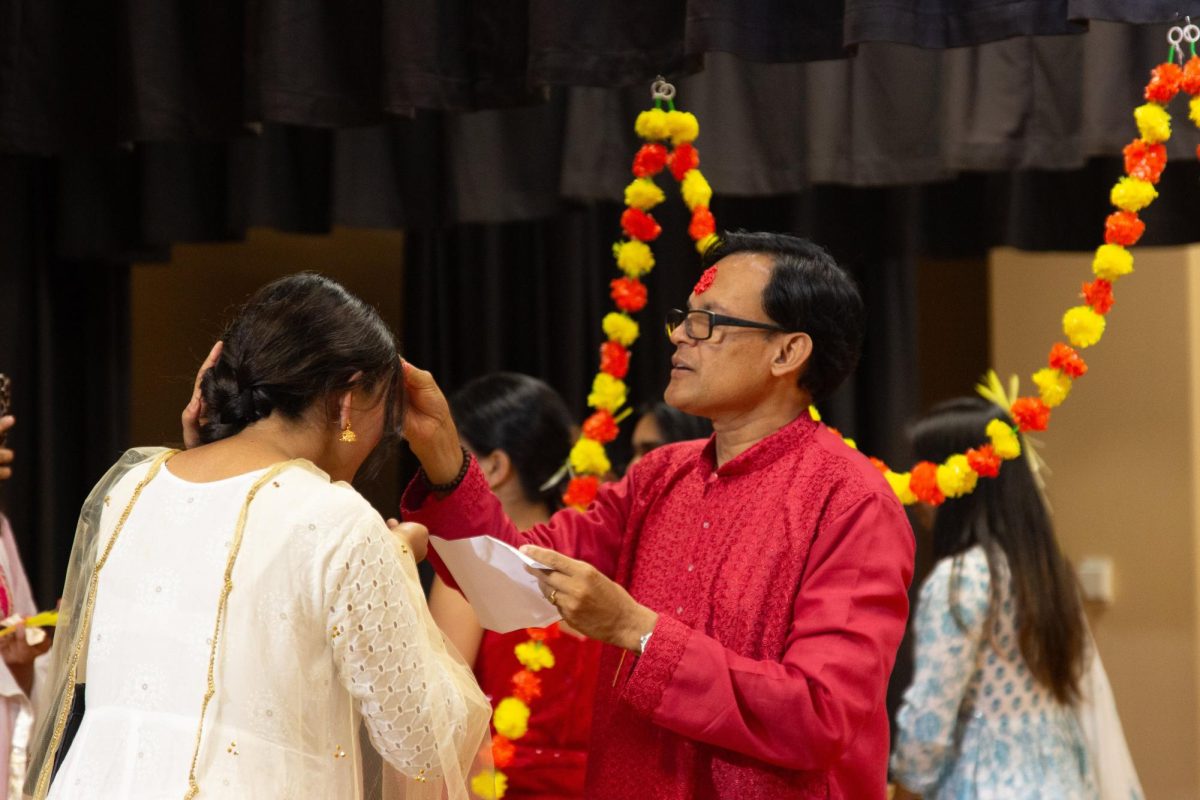In today’s society different nationalities and groups of people are divided into communities.
Some include the white community, Asian community and the black community. There are more, but each has its own unique subculture.
The black community actively celebrates its culture and recognizes its heritage –especially this month.
During Black History Month, the black community becomes more responsive to stereotypes and finding ways to make the community better.
Like any other community, the black community has all sorts of people with different upbringings, different styles and different concepts on life.
Some people inside and outside of the community believe the black community should act a particular way.
They should all speak the same, walk the same and in most cases, act the same.
Freshman biology major, Vadesha Sadler, said she has dealt with the stereotype most of her life of not being as black as society thinks she should be.
“Growing up I’ve always been told by other black people that I ‘act white’. When I hear that, it upsets me,” Sadler said. “My question would always be, ‘what is it about me that is white?’ Just because I enunciate my words and speak with a different tone of voice, does that make me white? Just because I am black am I supposed to talk differently and not sound like I have an education?”
The frustration and confusion in Sadler’s statement affected a lot of other black students who also felt at times they were called being “white” or not acting “black.”
But, what is being black or acting white?
Is there a particular definition?
Or is it just a stereotype that society has forced everyone to believe?
Like Sadler, freshman public relations major Calvin Smith agreed to there not being a particular definition of “being black” or “acting white.” He feels each individual is just exactly that- an individual.
“I have been told multiple times that I act too white, but because I know that I am black, no one can tell me what I act like. I act like Calvin Smith. How can you act like a race? A race is just your ethnic background not a set way of life,” Smith said.
Sadler and Calvin are not the only ones who are products of this stereotype.
Stereotypes are often recycled and can be a never-ending process.
Education can withdraw ignorance.
If society as a whole is aware that this is yet another formed stereotype, maybe it can finally come to an end.




